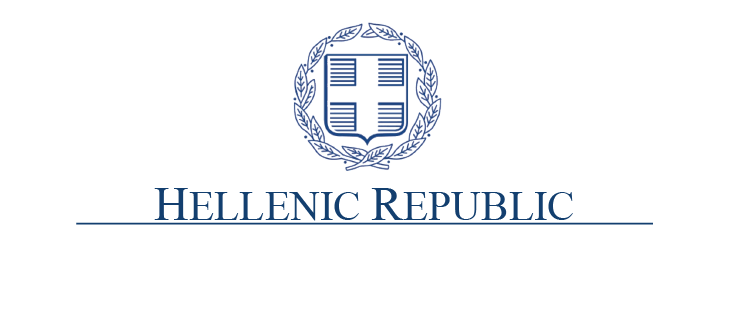On 15.03.2022, the international webinar entitled "Trends and Challenges in Regulating Lobbying Activities" took place within the framework of the implementation of the Annual Work Programme of the Network of Corruption Prevention Authorities of the Council of Europe (NCPA) under the Presidency of the National Transparency Authority (NTA). The purpose of the webinar was to map the current situation in the field of lobbying among Network members and to highlight international best practices towards enhancing accountability, integrity and transparency in the conduct of lobbying activities.
The opening ceremony was held by the Governor of the National Transparency Authority and President of the Network, Mr.Angelos Binis, while the President of the International Association of Anti-Corruption Authorities (IAACA), Mr.Simon Peh, gave a short address. During the Webinar, the following speakers participated in a round table discussion:
- Matej Blažek, OECD Policy Adviser, Public Sector Integrity Department, Public Governance Directorate
- Jean-François Routhier, Commissioner for Lobbying, Lobbyisme Quebec
- Anastasia Sotiropoulou, Legal Advisor of the Governor of the NTA
- Ivana Cvetković, Assistant Director for External Affairs and Strategic Development, Agency for the Prevention of Corruption, Republic of Serbia.
The participants, who represented both the Network's Authorities, but also Business Associations/Business Knowledge and Members of the Academic Community of the Network's members, had the opportunity to give their views, ask questions and exchange views on the design and implementation of public policies for the regulation of influence activities.
It is recalled that at the beginning of 2022, the NTA took over the Presidency of the NCPA which is composed of organisations representing 31 countries. The NCPA is based on the principles of the Council of Europe's Anti-Corruption Conventions, while it is the first time that Greece has taken over the leadership of the work programme of this important network. Its role is catalytic on issues of preventing and fighting corruption, taking into account the assessments of the Group of States Against Corruption (GRECO).
 EL
EL  EN
EN 
